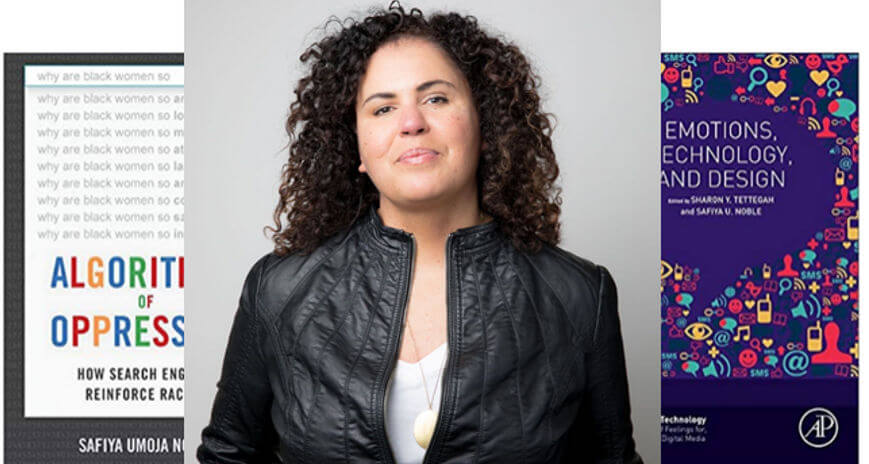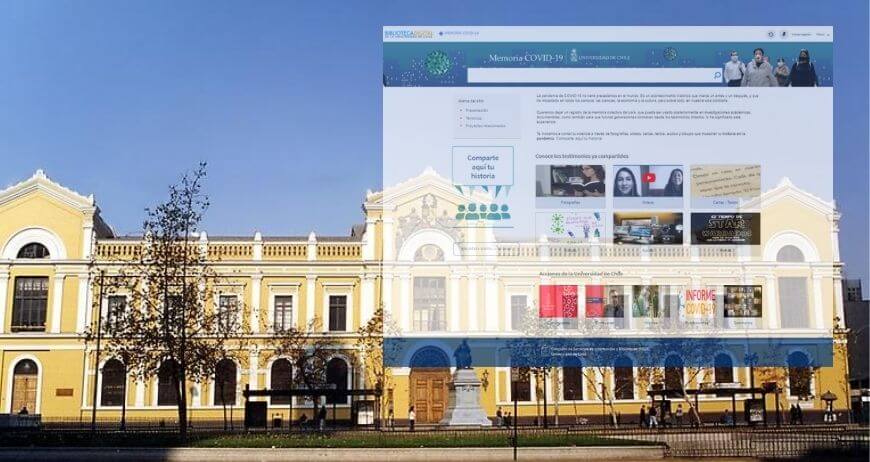This post was originally published on the ProQuest Blog
By Beth McGough, Marketing Manager, ProQuest
Every year we can count on seeing numerous articles on technology trends and predictions for libraries, education and consumers. Where do they intersect? While no single commentator can tell the future, taken together, several overarching themes emerge.
Mobile
Two-thirds of American adults own a smart phone and that number jumps even higher for young adults (Pew Research Center). Mobile is not a new trend but continues to grow in importance. Brian Solis of the Altimeter Group writes, “The entire Web will be re-imagined for a mobile-first and mobile-only world…This radically transforms the purpose of the web to become more dynamic, personal and useful at a time when people are forcing the end of a traditional information-broadcast, page/form-based, keyword world.”
Devices are becoming more common in the teaching and learning environment. Libraries are faced with the challenge of providing students with resources anytime, anywhere. But there is more to being mobile friendly than offering a library app. The 2015 Horizon Report comments, “Thus, academic and research libraries must not only have a rich mobile presence through apps and responsive design approaches, but also understand the evolving landscape of smartphone and tablet delivery.”
Data and Privacy
“Big Data” has been a buzzword in the corporate world for a couple of years. Consumers are handing over more and more data for convenience and personalization. But, this raises privacy concerns. Tom Goodwin writes on TechCrunch, “…as we trade convenience and personalization to save time and think less, are we making a Faustian bargain? Is it reversible?”
Of course, privacy is one of the most important tenants of librarianship. With the proliferation of data available, libraries are struggling with maintaining patron privacy yet using patron data, even anonymous data, to improve services. Are students and patrons willing to give up data in exchange for a more personalized library experience? Librarians will need to find the right balance between data and privacy.
Maker Spaces
Academic, public and school libraries have embraced the maker movement. Libraries are reimaging spaces in their libraries as places people can access technologies and create innovative projects. Maker spaces are more than places for individual projects. Libraries are providing innovators and entrepreneurs the tools to turn their ideas into reality. This has a real world, economic impact. Brian Solis remarks, “The maker movement is “Shark Tank” for geeks and it doesn’t need judges to fund them; there’s Indiegogo, Gofundme, Kickstarter, et al. for that.”
Sources and Additional Reading
- 26 Disruptive Tech Trends for the Rest of the Decade, Brian Solis, LinkedIn Pulse
- Bots, Block Chain, and Beacons: Hot Topics at LITA Tech Trends Panel, Matt Enis, Library Journal
- From Digital Disappointment to the End of the App Era, Here are Eight Trends for 2016, Tom Goodwin, TechCrunch
- Higher Ed Thought Leaders Forecast 2016 Trends, Carine Feyten, University Business
- NMC Horizon Report, 2015 Library Edition









